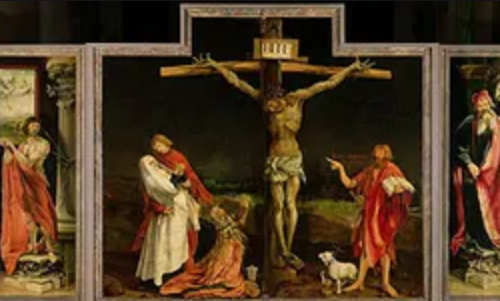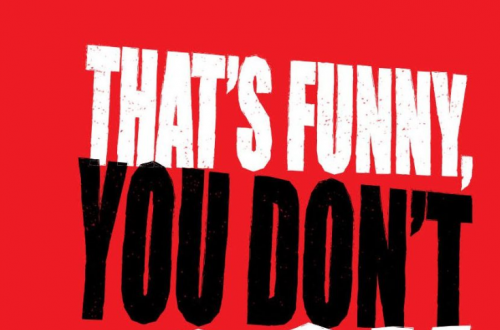This is a cross post from Methodist Preacher
When I heard that John had published his memoirs I immediately bought a copy. I expected lots of nostalgia from my Hackney childhood and my first faltering steps into politics. I enjoyed reading about my adopted Labour Party family but was thrilled to find that one member of my real family even had a cameo part, more about that later.
John provides lots of nostalgia for me personally, but some magnificent and important lessons for the wider Labour and progressive movement.
John’s story starts in the overcrowded and inadequate housing of 1930s Hackney, then the centre of one of the biggest Jewish communities in the world. He recalls overhearing the conversations around the kitchen table of the persecution of Jews in Germany and the Spanish Civil War. For him that decade culminated in his evacuation from London.
He returned in time for VE Day and the momentous 1945 General Election. His description of the Labour and trades union movement is mouth watering to modern day activists. Youth clubs, friendly societies, the co-op, trades unions and political activity worked together to bind and build a community with active, articulate and engaged young citizens. These young people worked alongside those who had been present at the birth of the Labour Party and they wanted to continue building a democratic socialist society.
This they did, as far as they were able, in Hackney, a rather despised, unfashionable working class borough in east London. They became active in the Labour League of Youth and then became borough councillors. People like Martin Ottolangui, Eddie Millen, Wally Wayman, Bob Masters, Lou and Sally Sherman, Stanley Davis to name but a few, and of course John Kotz himself, were giants. These were in the days when councillors were unpaid and many paid a price in terms of employment and promotion for their political activities.
The Labour Party of 1950s Hackney set about repairing the war damage and providing affordable rentable accommodation for all. They expanded facilities such as libraries and public baths. They valued cultural activities that children and young people could learn and enjoy. John is rightly proud of the directly provided meals-on-wheels service that became a template for other progressive boroughs. It included Kosher meals for the elderly Jewish population, so Hackney was practicing diversity long before it entered the political mainstream.
John’s story is a case study in how to use local councils to build municipal socialism. John also tells at first hand of the bitter industrial disputes which erupted in London and the attempt by Oswald Mosley to relaunch his racist policies, thwarted by a united and decisive Labour movement.
But John is honest about the things which disappointed him. As leader of Hackney Council at the end of the national local government dispute of 1979 he was shocked to find that local unions remained on strike because they expected Hackney to settle above the national agreement. He clearly felt betrayed as Hackney had been in the forefront of those authorities arguing for a better national settlement and thereby supported the strike.
Then there was the ultra-lefts of the 1980s. Many came from middle class backgrounds and had only recently arrived in Hackney. Most had little experience of running local government in working class areas. Some went on to become hard right Blairites. They almost run the borough into bankruptcy with the collapse of the very services that had been built by a previous generation of Labour councillors.
John charts the embrace of Tory policies during the Blair years and shows just how far Labour now has to go to win electorally and regain the trust of our people. His final chapter is entitled “Still an optimist”. At the age of 80 he says “I still have faith that ordinary people when faced with the problems of capitalist economics, world poverty, wars and the need to deal with the problems of climate change, will seek a better way for everyone to live a fruitful and peaceful life”
But I must mention the one paragraph featuring a member of my family. In 1968 there was an earthquake in Hackney when the Tories briefly took control of the council. Let John take up the story:
“When Labour was in control of Hackney, we used to fly the red flag on May Day to celebrate International Workers Day. When the Tories won control, one of the first resolutions they passed was to destroy the council’s red flag. The Tories searched every room, desk, and cupboard in the town hall for the flag, but never found it. In the subsequent council election of 1971, we won back every seat. At the count, after it was clear Labour had won, a town hall porter came to me with a brown paper parcel and said “Councillor Kotz, I think you may be needing this.” It was the red flag.
The town hall porter? He was Uncle Mick married to my mother’s sister Marion. An example of working class solidarity.
I would urge anyone involved in Labour politics to read this book. Every page has a lesson for today about building the world for tomorrow.
Vintage red: the story of a municipal socialist John Kotz, Manifesto Press Price £9.95 ISBN 978-1-907464-06-5


